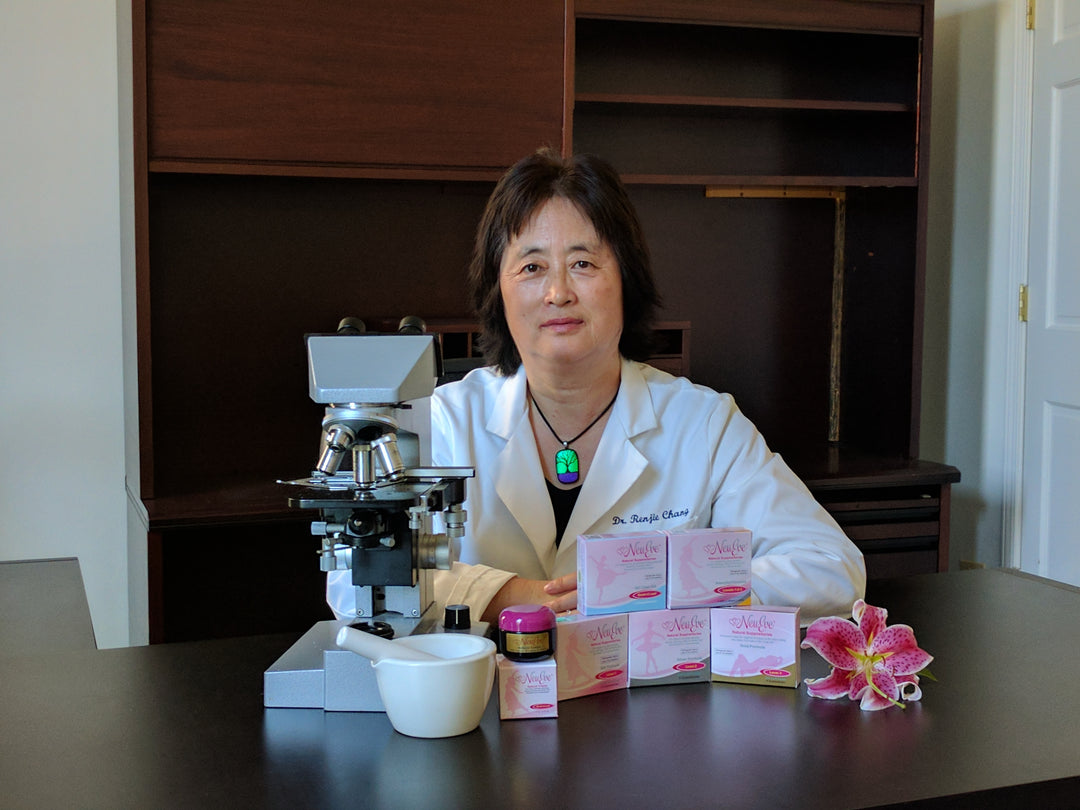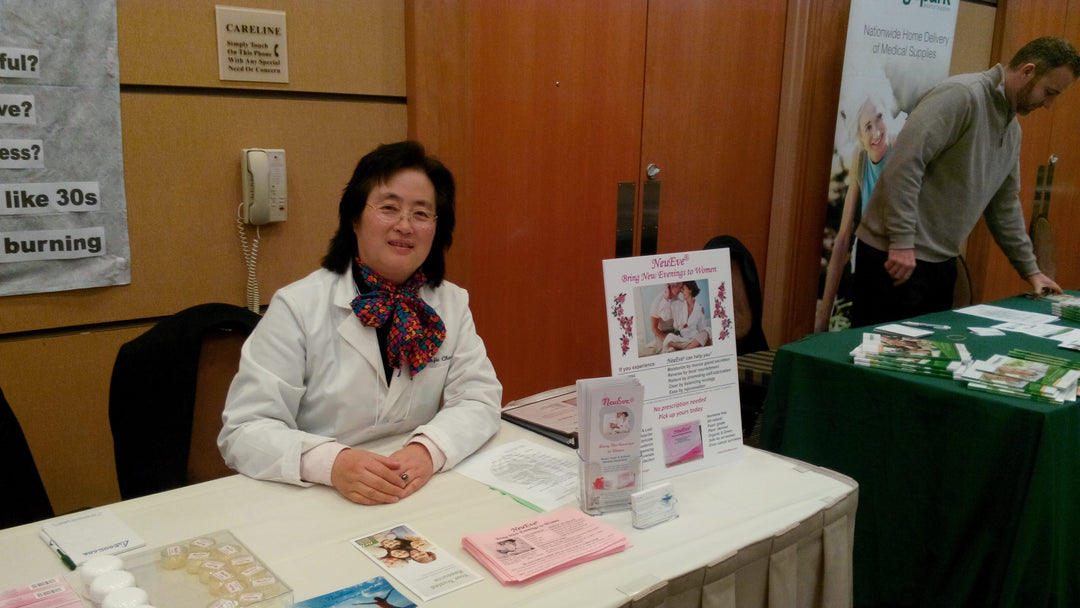Is There New Evidence Linking HRT to Breast Cancer?
If you suffer from menopausal symptoms, you may hear hormone replacement therapy (HRT).
What Is Hormone Replacement Therapy?
During menopause, estrogen levels decline. Women may experience discomforts like hot flashes and vaginal dryness. HRT is the most effective treatment for menopause symptoms. This treatment includes estrogen therapy and combination therapy of estrogen and progestin.

What Are Side Effects of HRT?

What Are More Serious Health Risks?
HRT has been linked to an increased risk of three types of cancers:
- Breast cancer
- Ovarian cancer
- Womb cancer
It also increases risk of blood clots, heart disease, strokes, pulmonary embolism, and uterine fibroids.
Is There Research Data Linking HRT to Cancer?
The answer is “Yes.” Using the keywords “HRT” and “cancer” to search PubMed, there are 2,250 scientific papers. If we change the keyword from “cancer” to “breast cancer,” there are 1,395 scientific papers. Thus, 62% of all HRT-related cancer studies focused on breast cancer.
A recent study by scientists at Harvard University provided new evidence indicating that estrogen not only promotes but also directly causes breast cancer. This new discovery further confirms the cancer risk associated with estrogen.
There were two classical studies linking HRT to breast cancer. These studies had large women populations. One in the US called “Women’s Health Initiative (WHI).” The other was in the UK called the Million Women Study.
In 1991, the NIH launched the WHI. More than 160,000 post-menopausal women ages 50 to 79 participated in the 15-year study. WHI found that the estrogen-progestin combination had an increased risk for breast cancer. It also promoted heart disease, stroke, blood clots, and urinary incontinence.
The Million Women Study in the UK recruited 1,084,110 UK women aged 50–64 years between 1996 and 2001. They followed up for HRT and cancer incidence and death. The study found that HRT increased the risk of breast cancer. Estrogen-progestin combinations showed a greater risk than other types of HRT.
In 2020, a group of Danish scientists reviewed 22 published epidemiology studies between 2002 and 2019 from different parts of the world. Because breast cancer takes a long time to develop, it is difficult to estimate cancer risk if the participant has not yet shown signs of full-blown cancer. They used mammographic density as a marker to assess breast cancer risk. They found that HRT, estrogen-progestin combination, in particular, consistently increases the risk of breast cancer.
Since HRT causes cancer, why do doctors still promote it?
This is a good question. Let me explain.
To develop a new drug, it must go through 3 phases of clinical trials. Each phase ranges from 3 months to 2 years. With such a short study period, cancer risks are not detected. Long-term studies may observe the development of cancer. Thus, all estrogen-like drugs are safe during the short-term clinical trial period.

Can drug companies do a long-term study to confirm drug safety before marketing it? Maybe not. The reason is that it will take too long to develop a drug. Also, the drug patent protection period is only 20 years. If a drug takes more than 20 years to develop, its patent would expire, and the drug company may bankrupt. Thus, under current regulation, only a short-term clinical trial is possible.
After long-term use, many patients developed cancer. This led university scientists to conduct longer-term studies. In the past 20 years, many studies linked HRT to breast cancer. These findings are published in scientific journals, not targeting laypeople. Thus, many people may not know the cancer risk of HRT. Information about HRT risk is on breastcancer.org, WebMD, and the FDA webpages. It is important that you learn it before making a decision that might lead to cancer later in life.
Are Bioidentical Hormones Safer?
The answer is “No.” They are not.
According to the Food and Drug Administration (FDA), American Cancer Society, and the Mayo Clinical doctors, the hormones marketed as “bioidentical” and “natural” aren’t safer than hormones used in traditional hormone therapy, and there’s no evidence that they’re any more effective.

Is There a Safer Alternative to HRT?
The answer is "Yes." This is why we developed NeuEve. It provides a natural vaginal moisturizer option for women seeking a safer HRT alternative.
One of the most common menopausal symptoms is vaginal dryness. NeuEve uses a natural treatment for vaginal dryness approach to relieve it.
For example, when a person suffers from dehydration, there is no needed to take drugs. Drinking water can relieve it. Likewise, vaginal dryness is local tissue dehydration. You can relieve it without using drugs. NeuEve can relieve it, like Chapstick for dried lips. This article explains how it works.

Disclaimer: This article is for information purposes only. It is about natural products, nutrients, and/or methods for managing menopause-related discomforts (not diseases). It is not medical advice for the treatment of any diseases.

















i’m interested in trying natural products for dry skin as well.
Hi Renjie Chang,
I am 51 years old, my menopause started 10 years ago, I am using since 4 few years bioidentical hormones .
I would like to stop using them and go 100% natural.
I am already using your Silk suppository.
How do you recommend me to low the bio identical hormones until stop completely the oetrogen and progesterone?
I understand it has to be little by little, over how many months should I do it ?
Thanks a lot,
Regards,
Paloma.
Leave a comment